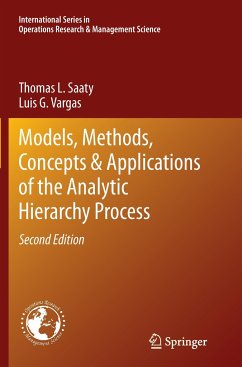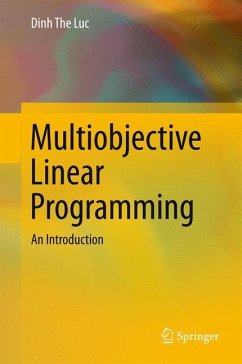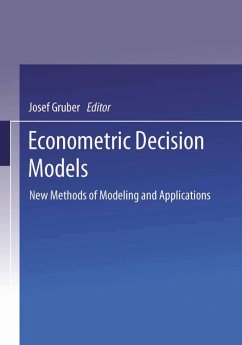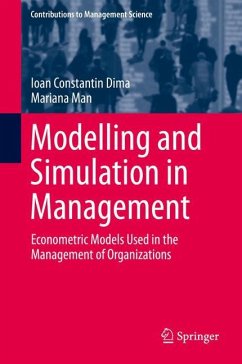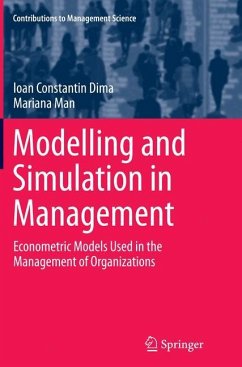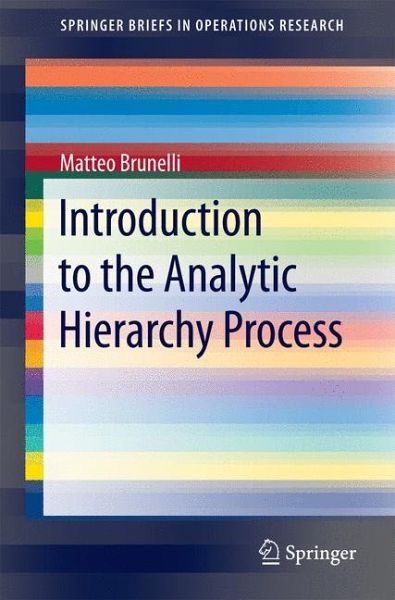
Introduction to the Analytic Hierarchy Process

PAYBACK Punkte
23 °P sammeln!
The Analytic Hierarchy Process (AHP) has been one of the foremost mathematical methods for decision making with multiple criteria and has been widely studied in the operations research literature as well as applied to solve countless real-world problems. This book is meant to introduce and strengthen the readers' knowledge of the AHP, no matter how familiar they may be with the topic.This book provides a concise, yet self-contained, introduction to the AHP that uses a novel and more pedagogical approach. It begins with an introduction to the principles of the AHP, covering the critical points ...
The Analytic Hierarchy Process (AHP) has been one of the foremost mathematical methods for decision making with multiple criteria and has been widely studied in the operations research literature as well as applied to solve countless real-world problems. This book is meant to introduce and strengthen the readers' knowledge of the AHP, no matter how familiar they may be with the topic.
This book provides a concise, yet self-contained, introduction to the AHP that uses a novel and more pedagogical approach. It begins with an introduction to the principles of the AHP, covering the critical points of the method, as well as some of its applications. Next, the book explores further aspects of the method, including the derivation of the priority vector, the estimation of inconsistency, and the use of AHP for group decisions. Each of these is introduced by relaxing initial assumptions. Furthermore, this booklet covers extensions of AHP, which are typically neglected in elementary expositions of the methods. Such extensions concern different numerical representations of preferences and the interval and fuzzy representations of preferences to account for uncertainty. During the whole exposition, an eye is kept on the most recent developments of the method.
This book provides a concise, yet self-contained, introduction to the AHP that uses a novel and more pedagogical approach. It begins with an introduction to the principles of the AHP, covering the critical points of the method, as well as some of its applications. Next, the book explores further aspects of the method, including the derivation of the priority vector, the estimation of inconsistency, and the use of AHP for group decisions. Each of these is introduced by relaxing initial assumptions. Furthermore, this booklet covers extensions of AHP, which are typically neglected in elementary expositions of the methods. Such extensions concern different numerical representations of preferences and the interval and fuzzy representations of preferences to account for uncertainty. During the whole exposition, an eye is kept on the most recent developments of the method.





